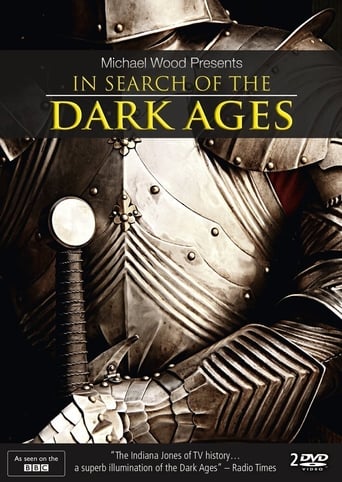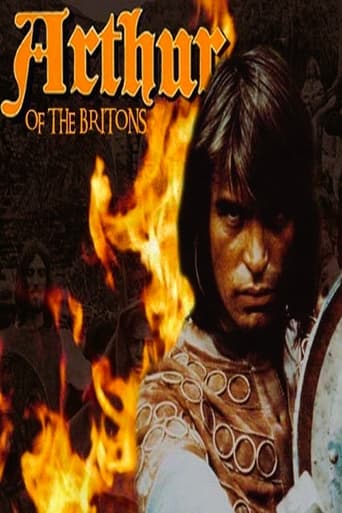In Search of the Dark Ages Season 2

In Search of the Dark Ages was a television series, written and presented by Michael Wood, and first shown in 1979. It is also the title of a book written by Wood to support the series, which was published in 1981. The television series consisted of a series of separate programmes, hence the collective title is often written as In Search of ... The Dark Ages. It began with In Search of Offa, recorded in 1978 by BBC Manchester, and shown on 2 January 1979. Subsequent programmes in the first series were on Boadicea, King Arthur and Alfred the Great, shown with a re-run of Offa over successive nights in March 1980. The first series was such a success when shown in an off-peak slot on BBC Two that a second series was broadcast in 1981, with subjects including William the Conqueror, Ethelred the Unready, Athelstan and Eric Bloodaxe.
Watch NowWith 30 Day Free Trial!
In Search of the Dark Ages
1979
The first series was such a success when shown in an off-peak slot on BBC Two that a second series was broadcast in 1981, with subjects including William the Conqueror, Ethelred the Unready, Athelstan and Eric Bloodaxe.
Watch Trailer
In Search of the Dark Ages Season 2 Full Episode Guide
1944: The greatest amphibious invasion in history lands on the Normandy beaches. Today the wreckage of war still stands in the shallows where 35 years ago armies drawn from much of the free world began the liberation of Europe. But great events are not new to these shores; for the whole of recorded history momentous waves of immigrants and invaders have crossed the narrow sea between England and the Continent and shaped our history. Nine-hundred years ago an amphibious invasion left these shores which was to have as great an effect on our destiny as 1944 may prove to have. From these beaches, in 1066, an army set sail for England. Its leader would become known to history as William the Conqueror.
AD1001: In this year there were constant hostilities in England because of the Danish army and they harried and burned almost everywhere. And they went about at will encountering no resistance. No fleet by sea, nor levies on land, dared approach them however far inland they went. Time after time, the more urgent a thing was, the greater was the delay from one hour to the next, and all the while the King and his counsellors were allowing the strength of their enemies to increase. In the end, our naval and land preparations were a complete failure and succeeded only in adding to the distress of the people, wasting money and encouraging their enemy. In every way, it was a hard time, for they never ceased from their evil deeds.
In this year—954—in a certain lonely place called Stainmore, King Erik was treacherously betrayed and killed, along with his son Haeric and his brother Ragnald. From then on, King Eadred of Wessex ruled in these parts north of the Humber. And from that time to the present, the Northumbrians have been subject to the southern English and have grieved for want of a king of their own and for the liberty they once enjoyed.
In this place, in 939, was buried the first king of all England. In his day a Norseman called him the greatest man in the European world, to a Frenchman he was the most famous king of modern times, an Irishman thought him the summit of the honour of the Western World. From Iceland, from Germany, and Wales, poets sang of his deeds, renowned through the whole globe whom God set over the English as king plainly so that mighty in war he might conquer other fierce kings and crush their proud necks. And yet who knows of Athelstan today?
Free Trial Channels
Seasons






























